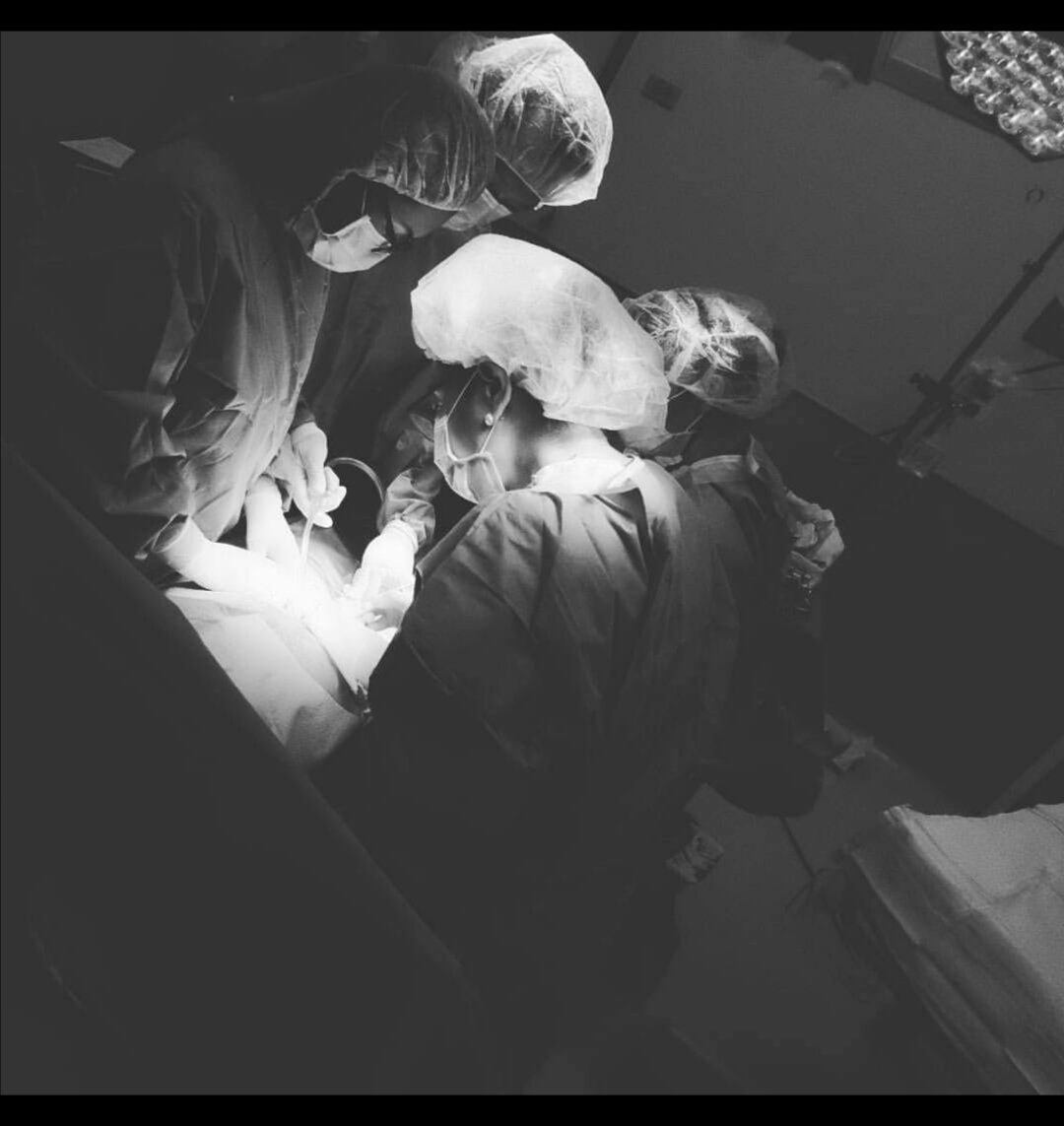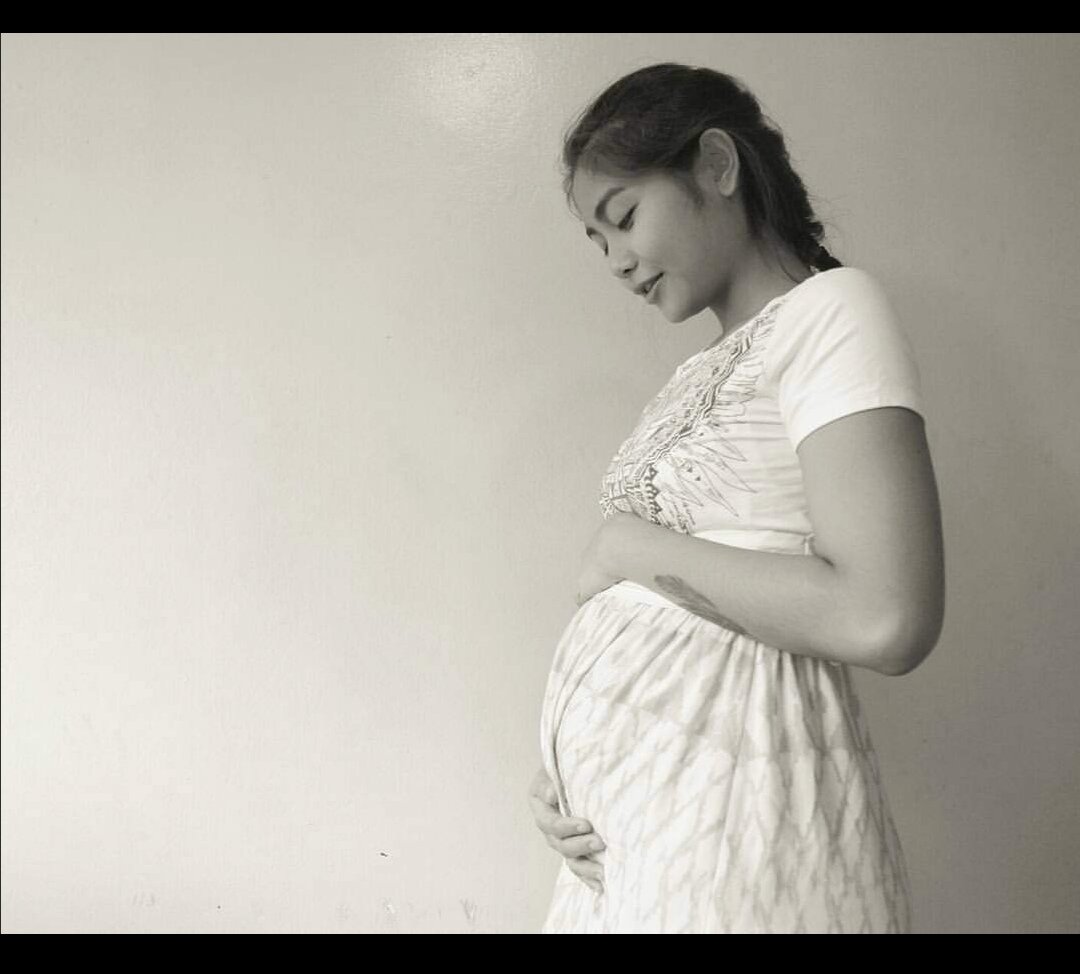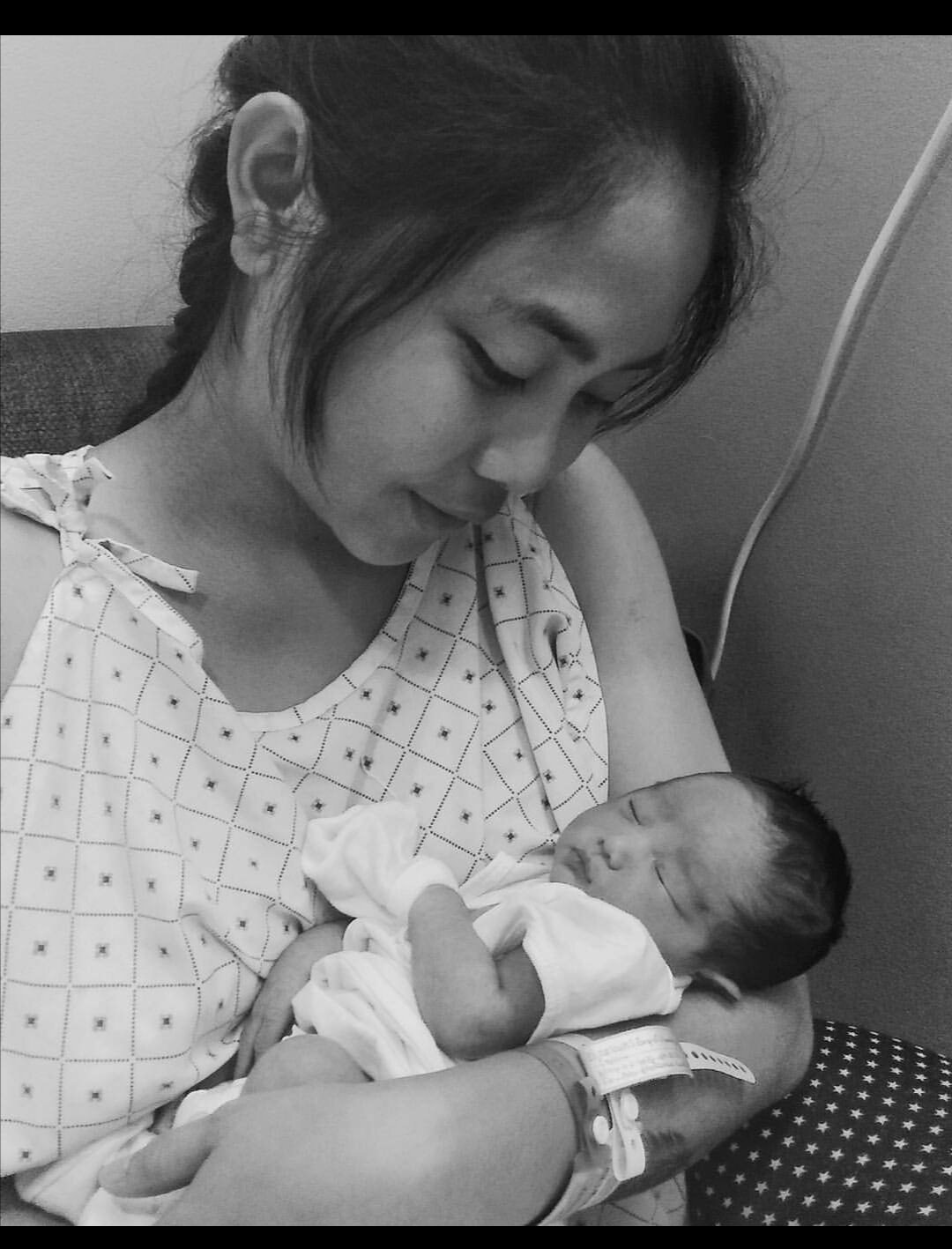Pregnancy Mystified is a new series by and on Mommy Mundo. Stemming from the response received to Patty Hizon’s preeclampsia story, the series seeks to shed light on unusual pregnancy and birth stories by sharing the unique experiences of moms in the community. These are real moms and real stories that all moms can learn from.
Pammela Senora-Eijansantos lives the beach life in La Union. The former nurse is quietly and happily living with her husband and her two children. Six years ago it was a life she could only dream of having, pregnancy and childbearing being complicated by her having Antiphospholipid Antibody Syndrome (also known Hughes Syndrome) commonly referred to as APAS.
Multiple miscarriages
“In 2014 I found out I was pregnant, but my OB misdiagnosed my pregnancy. I was experiencing some bleeding and some pain, and so they expected a miscarriage. During an ultrasound, they couldn’t find the sac in the uterus so the pregnancy was assumed to be ectopic,” shares Pammela.
Unexpectedly, her OB recommended emergency exploratory surgery. Pammela was prepped for a C-section to address the ectopic pregnancy. Lo and behold, however, the baby was in its sac in her uterus. Doctors quickly closed her up and hoped that the baby would be safe. Pammela was sent home, and after a week of constant pain (she could only take paracetamol due to the fact that she was pregnant and should the baby survive, no other pain medication could be given), she went into labour, fully miscarrying at eight weeks.
“It was like having a CS and a normal birth all within a week.”
Though the experience was heartbreaking, Pammela and her husband truly wanted a child, and less than a year later she found herself pregnant again. She decided to go to a different doctor. On her seventh week of pregnancy she started bleeding again. It was found that the baby didn’t have a heartbeat, and she proceeded to miscarry.
A third pregnancy and miscarriage led her to her third OB who recommended she take the APAS test. A blood test that tests for a variety of different factors, it is a pretty straightforward medical test. When the results came back positive, Pammela began to read and learn all there is about APAS.
Antiphospholipid Antibody Syndrome
An autoimmune disorder, the syndrome causes the woman’s body to react to the baby differently from most women. APAS thickens the blood, which then blocks blood flow going to the baby. This denies the baby of nutrients, and the pregnancy ends in a miscarriage. APAS is not common, present in only 1-5% of the general population. It is not treatable, but it can be managed with heparin injections and aspirin, giving fetuses as high as a 60% chance of survival. Another method of addressing the complications it poses in pregnancy is to take blood from the father, process it, and inject it into the mother to lower the chances of the baby being rejected by the mother’s body.
After Pammela tested positive for APAS, her OB recommended she transfer to a different OB, one that specialises in high risk pregnancies. It was also recommended that an immunologist and a hematologist come on board the team.
A week at a time
Pammela conceived again, and as soon as she discovered she was pregnant, the work began. Every week she would go to visit the doctor and get an ultrasound. They would check on her blood flow, check for internal bleeding, and check to see if her placenta was detaching from the womb.
“Every week my doctor would say: Oh, mag-pray ka na okay siya!,” shares Pammela
(Pray that the baby will be okay.)
Apart from the weekly ultrasounds, Pammela needed to take heparin injections everyday to thin the blood. She also had to eat six eggs everyday and drink amino acids in an effort to make sure the baby grows (ultrasounds revealed that the baby’s growth was delayed by three weeks). In addition to that, she had to drink at least three liters of water every day to make sure there was water in the sac.
“There was so much we needed to do just for him to live,” she says
Baby on the way
At 30 weeks of pregnancy, her doctor warned her that they may need to do an emergency C-section any day. This is because her water was really low and it looked like her placenta was disintegrating due to bleeding in the uterus. Her blood flow to the baby was less than ideal, and her doctor felt that it might be easier to grow her son outside of the womb than leaving him inside. But every week they said, “let’s try one more week.”
Pammela was timing her son’s number of kicks everyday to make sure he was still alive. She was injected with steroids to speed his development, but at 35 weeks they had stretched it as far as they could. Her son was born via C-section, a strong and healthy baby boy.
“He was small, but long. He was skinny,” Pamela says. “But he didn’t need to be in the NICU. We only stayed in the hospital four days as he went through his tests.”
Always grateful
Pammela believes that though rare, APAS should be a part of standard pregnancy tests. “It will save time, effort, money, and heartache,” she says. “If you were tested shortly after finding out you were pregnant, you just better your baby’s chances.”
Since her birth to her eldest child, Pammela experienced another miscarriage before once again succesfully giving birth to her second son. She dreams of having one more, a little girl, and despite the heartache and difficulties of APAS, she is grateful for what happened. She is grateful for her family and friends who all took part of the journey with her and her husband. Their love and support really helped her build her family.
“It was a humbling experience,” she says. “Getting bad news every week was not easy, but every time we knew he was still okay I was grateful. The experience also taught me to slow down. Half my energy was just for my baby. Maybe that’s tough, but other women don’t even get the chance to be pregnant. Plus, I know that if I was able to get through that, I can get through anything.”
About the writer
Rachel Kelly Davis has been a published writer since the age of 14, often writing features, essays, and cover pieces. In 2016 she started writing poetry, leaving index cards of her poems all over the world and posting the photos she is sent by the people who find them. She has worked in communications for over a decade, wearing various hats ranging from digital marketing and SEO practitioner, brand strategist, and investor relations officer. Most recently she was the Associate Vice President for Customer Experience (Public Affairs) at WSP Inc., a public relations company based in the Philippines. Currently she is happily raising 5-year-old Valentina and 2-month old Levi Grey while taking charge of Mommy Mundo’s web content. Find her and more of her recipes on Instagram @arkaydee






Leave a Reply